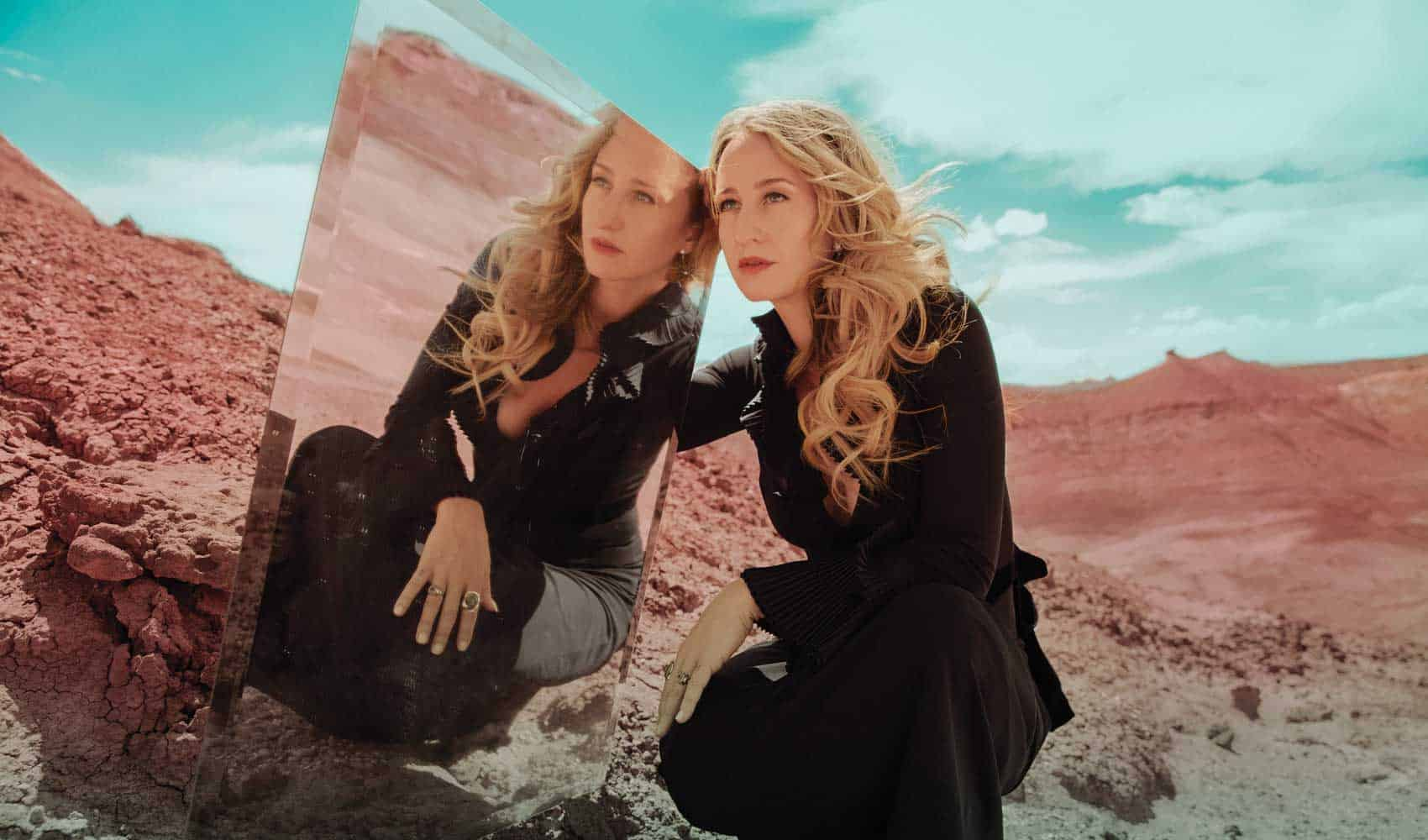
When it comes to making music, Margo Price is a student of history who doesn’t play by the book.
Take for example the Nashville Americana star’s 2016 album Midwest Farmer’s Daughter, a raucous collection of hardcore honky-tonk songs that put a contemporary spin on traditional country. Next came another shake-up with her All American Made LP, adding a splash of R&B to the mix. Then 2020’s That’s How Rumors Get Started shifted Price into classic rock territory.
Now the stylistic shapeshifter returns with Strays II, an expanded version of the album she released earlier in 2023. The record spins ’60s psychedelia into a genre-defying, roots-music amalgam, continuing the process of reinvention that has brought her where she is today.
“It’s scary as hell,” Price says. “You know, you make a record, there’s finally a breakthrough — my first album was incredibly kind of ’60s-’70s traditional country, pedal steel, walking songs and fiddle and all that stuff. I think a lot of people really expected [me] to stay in that lane and just do that forever.”
‘Doing songs differently’
Price attributes her creative restlessness to inspiration from music’s master changeling: Bob Dylan.
“Dylan saw folk music as a vehicle — it could take him where he needed to go,” she says. “I kind of felt that way with country music. I had been a student of folk, blues, rock ‘n’ roll and all those things in the melting pot. I think Dylan is kind of the ultimate figure. If somebody can do any genre, it’s him.”
Price made those comments during a recent on-stage interview during The World of Bob Dylan conference in Tulsa, Oklahoma, an event dedicated to the Nobel laureate’s life, work and cultural influence.
That influence was pivotal for Price when she moved to Nashville from rural Illinois. There, she spent hours listening to Dylan’s music under a famous 1966-era poster, going beyond the greatest hits she’d previously absorbed.
“I dove in headfirst and started listening to all the albums, because my parents were trying to convince me I needed to go to Belmont [University], look at this music degree and all this stuff,” Price says. “I think listening to the entire Bob Dylan catalog was a better use of my time than educational pursuits.”
Along the way, Price found that Dylan had just as strong of an influence on country music as he did in folk and rock.
“When he came in, even Kris Kristofferson said everybody kind of looked at songwriting differently after that,” Price says. “I often think about this Neil Young quote: ‘I just see what Bob Dylan’s doing and then I just do it a little less better than him.’
“I always kind of feel nobody can do what Bob Dylan can do,” she says. “But of course, you try to take pieces and vignettes in his sketches, things that he’s done. It makes me feel less afraid to use any vocabulary and track any tempo or even doing songs differently.”
See what fits
To that end, Price now alters the live versions of songs from Midwest Farmer’s Daughter, changing tempo, keys and even some lyrics. The idea is to take a page from the Dylan playbook by keeping the songs fresh and alive, and avoid becoming a human jukebox.
Price, 41, wasn’t born when Dylan released his now-classic ’60s songs. Nor was it likely she heard many of them on the radio growing up. But when she discovered Dylan as a teenager, it was like flipping on a light switch.
“I think that’s like the tablet that came down, the scrolls. I’ve just learned so many things from his catalog,” she says “We’ve covered so many songs, deep cuts that nobody would ever do from like ‘Basement Tapes’ or like ‘Hazel.’”
One thing Price gleaned from Dylan is an adeptness for storytelling. That much is on display in the Strays standout “Lydia,” unspooling a powerful narrative about a troubled pregnant woman and her right to choose an abortion. Inspired by scenes she experienced on tour from methadone clinics to women’s health clinics, Dylan’s fingerprints can be seen in Price’s closely observed details — one of many ways the artist is putting what she’s learned from him to work in her own music.
“So much of that is just in my subconscious now. It’s just in the fiber of my being and, really, learning,” Price says. “Now, obviously, I think it’s important to write your own songs and have your own voice and do your own thing. But when I was young and coming up with this every single song that I covered, it was kind of like trying on a new outfit. See how that fit, you know? Then from there, you could construct your own.”
ON THE BILL: Tedeschi Trucks Band with Margo Price. 7 p.m. Saturday, July 26, Red Rocks Amphitheatre, 18300 W. Alameda Parkway, Morrison. $59+
